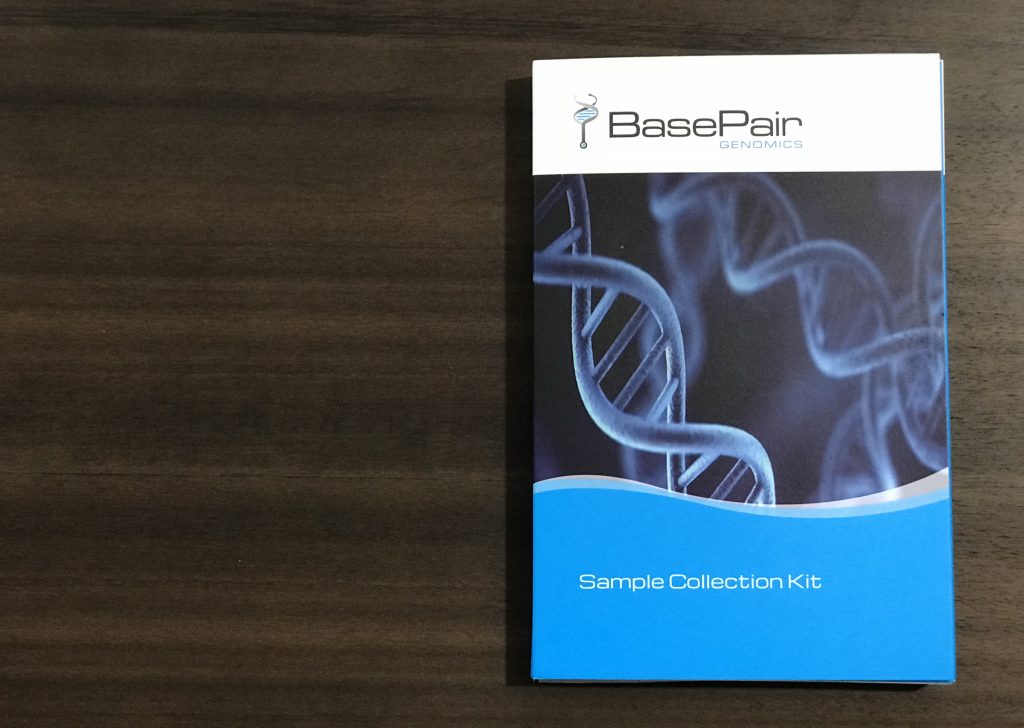Introducing CNSDose – Precision Pharmacy
GENETIC TESTING
Everyone is born with a unique genome (or a complete set of DNA) comprising genes inherited from family and ancestors. Modern science advancement now enables individuals to have tailored body mapping or genetic testing as they seek ways to live a longer and healthier life with quality and care. Testing genes has become important to explore if there is a pre-disposed risk of developing certain diseases or health issues. Genetic consultation can play an important role to ensure individuals at the highest risk receive the benefit from appropriate management. The health sector has been using genomic testing for exploration of deeper precision medicine within the medical science fraternity for many years and we are now able to bring you these findings and expert analysis for individual testing, as part of your second opinion exploration.
We offer access to medical practitioners who as a collaborative group and consultative approach can help provide a tailored and personalised opportunity to discover your genes in greater detail. We draw expertise from the many medical minds of peers, colleagues and medical scientists within the greater medical community, to assure that all genetic advances are applied usefully to our clients care. Genetic conditions are responsible for over 35 percent of paediatric medical conditions. In adults, disease risk for common conditions is more likely to be related to a combination of multifactorial genetic and non-genetic factors. Genetic testing is aided with appropriate genetic counselling in order to help patients understand the implications of a positive or a negative result for themselves and their family members.
PRINCIPLES OF GENETIC TESTING
There are several types of genetic testing that you can have from analysis of a single gene, a panel of genes, or the entire exome or genome to determine your carrier status for rare recessive diseases that may impact reproductive decision making and genetic predisposition to diseases, for which there are actionable steps to reducing risk. Genome sequencing (as opposed to gene sequencing) refers to sequencing of an individual’s entire exome (coding regions of all the genes) or entire genome (coding and non-coding/regulatory regions of all the genes). It uses advanced sequencing techniques collectively referred to as ‘next-generation’ sequencing (NGS). This approach provides sequence information about genetic variation across an individual’s entire genome rather than a specific disease gene. It has the potential to provide a much wider range of findings, including findings that are unrelated to the indication for the test, termed secondary findings. for diseases for which there are no known approaches for modifying risk, genomic variants for which the clinical significance is unknown (VUS), and potential pharmacogenetic interactions (e.g., altered metabolism of a drug that increases or decreases its efficacy).




